Coronavirus lockdown creates cleaner air but won’t boost global co-operation
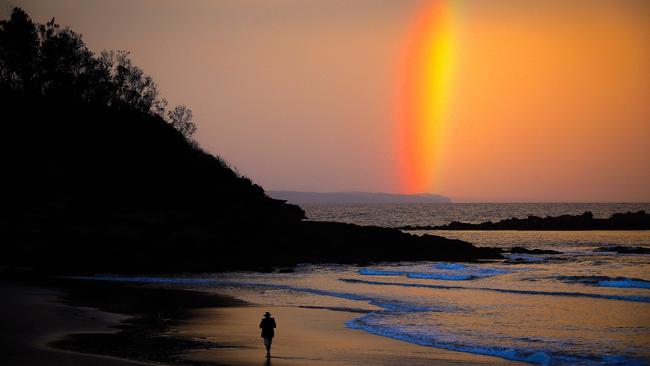
If you’re against eating meat — not only batmeat but more traditional meats, too — then you might feel, right now, that your point has been made. Were everybody a vegan, most likely, there would be no COVID-19. Nor would there have been SARS or bird flu, nor perhaps MERS. There would be less fear of antibiotic resistance, less food poisoning, and less global warming, too. “So come on,” the vegan will be saying. “We all get it now. Things will change. Right?” To which I would say: “I completely see where you are coming from.” But also, “nah”.
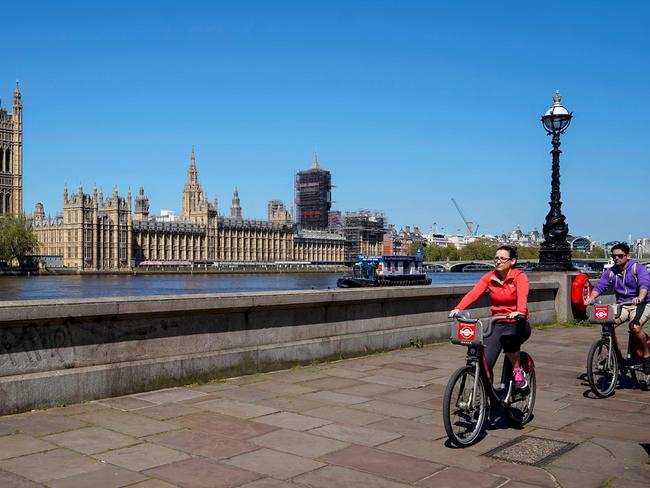
Zip across the world, like viruses do, and put yourself into a north London back garden. My own, in fact, on Sunday night. “Come quickly,” said my wife, who had just gone to put the dog out. Up above us was a perfect line of satellites, each perhaps 10 seconds behind the last, like a belt rotating around the Earth. I didn’t want to stare for too long — I know how The Day of the Triffids starts; are we still confident these things are fiction? — but it was mesmerising. I do not recall London skies this clear. The London Air Quality Network says air pollution is at its lowest for 20 years, when records began. In Punjab, India, something similar has allowed residents to see the Himalayas for the first time in 30 years.
It feels as if we are learning something about how to treat our world. First, there are the evident benefits of lower-impact living, from the air to the resurgent wildlife. Second, a little less tangibly, there’s the sense of humanity having a bad scare and not wanting another one. “The main lesson we have to learn is this: COVID-19 is a dress rehearsal for climate change,” tweeted the former Guardian editor Alan Rusbridger.
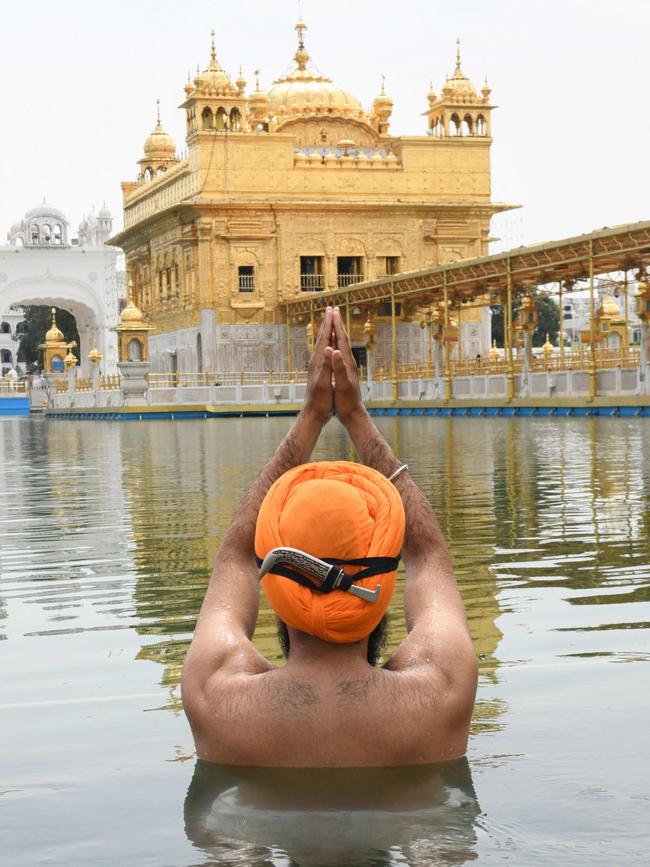
He was echoed at the weekend by Sir David Attenborough, who said: “Stop waste of any kind. Stop wasting power, stop wasting food, stop wasting plastic.”
And I fervently hope we will. Although I doubt it.
Environmentalism can feel like a middle-class luxury, and it slips pretty fast. Ours, for example, is one of those houses normally cleaned by expensive vinegar products, for the sake of the seas and the bees and everything else. Turns out viruses don’t mind them either, though, so we’ve started using a little bleach.
So much of how we live now, in fact, reminds me of the time I’ve spent in some of the harder parts of India and Africa, where you’re forever one bad forkful away from a week on the toilet. Plastic packets are your friend, as are plastic bottles, as are wipes, as is an endless array of antibacterial everything. You do not, if you are smart, live a low-impact natural life, because nature is ghastly and there to be swiftly poisoned. None of this is very green. It may also be how we all live for a while.
Think, similarly, of rewilding, which until six weeks ago was widely regarded as the future of British farming, or at least of quite a lot of it. With no need to doubt the cheap and plentiful availability of food from elsewhere, the thinking went, the farming model should increasingly be one of retreat, land custodianship and bucolic utopia, full of butterflies and beavers and a smaller number of cows learning manners more idyllic in which to moo. How does that one sound now? As French President Emmanuel Macron put it in a speech about the post-virus world: “Delegating our food, our protection, our ability to look after our living environment to others is madness. We must regain control of it.”
In strictly environmental terms this could be good or bad, because while intensive farming is an environmental woe, so too are the food miles created when everything is grown half a world away.
It is not just about food, though. We are learning, abruptly, what it can mean when global supply lines hiccup and a smallish island country does not produce its own ventilators, medicines and surgical gowns. How will we feel, over the course of the next decade, about the long-term decline in British manufacturing? How will we feel, indeed, about relying on imports of steel, or oil, or gas, or 5G masts, or basically anything? Or, as Macron had it: “We must rebuild our French agricultural, sanitary, industrial and technological independence.”
All of this makes me doubt, I’m afraid, that our departure from lockdown will leave us more inclined towards global co-operation on anything. Even the politics of lockdown are liable to get a lot uglier than they currently are.
With the odd notable exception (take a bow, crazy Michigan) the US states which have seen the most indignant protests against coronavirus lockdowns have been the ones with the lowest death tolls, and even in Britain it’s hard not to notice that public lockdown sceptics, even among the usual contrarian suspects, tend to be either living in the countryside or under 60.
A large proportion of people, in other words, are still very, very bad at caring about threats that feel abstract. Even if they really aren’t.
It feels absurd, right now, to ask people in the middle of one crisis to worry about the next one. “Must I?” you could reasonably ask. “It’s hard enough to buy bloody flour.”
The point is, though, that however clear our skies are today, we have already failed to be green when times were good, and it will only be harder when they are not. In other words, I’m afraid we’ve got a fight on our hands. Yes, another one.
The Times
More Coverage
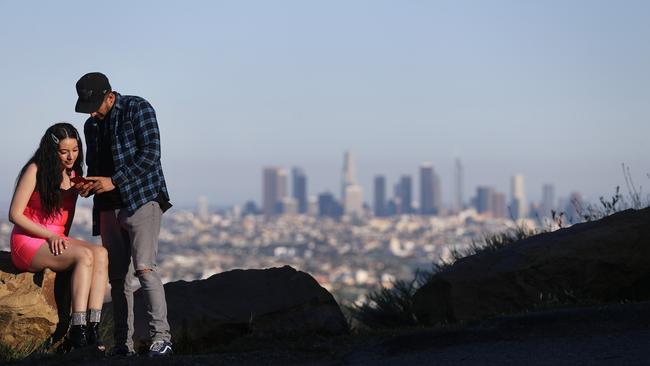

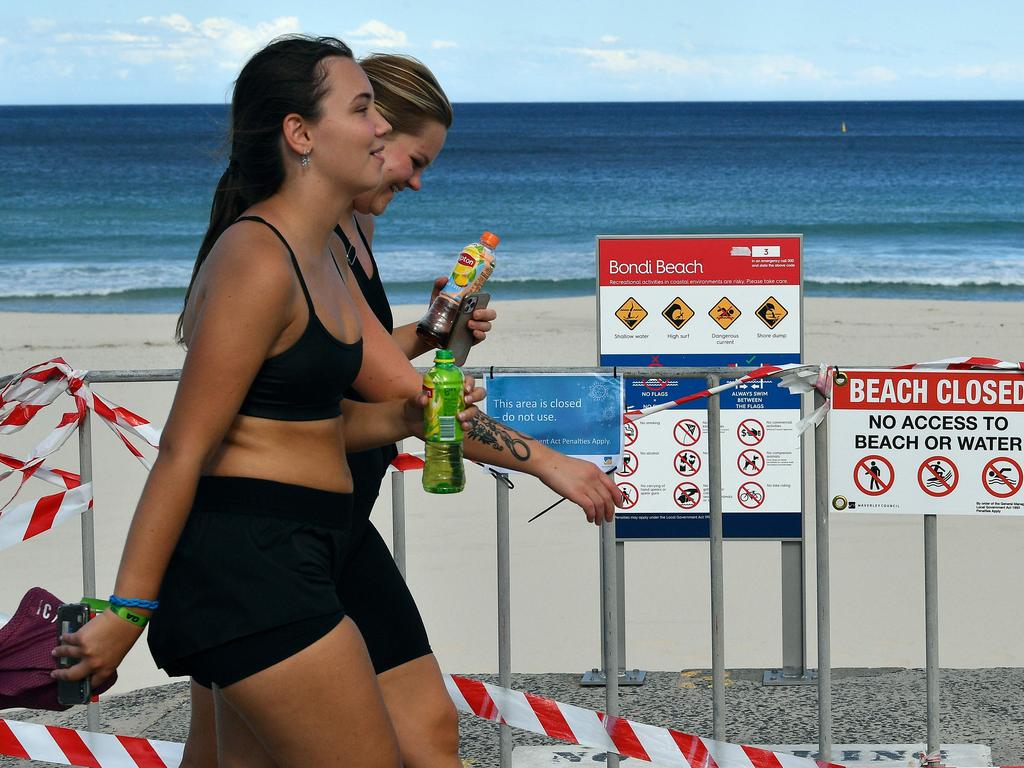
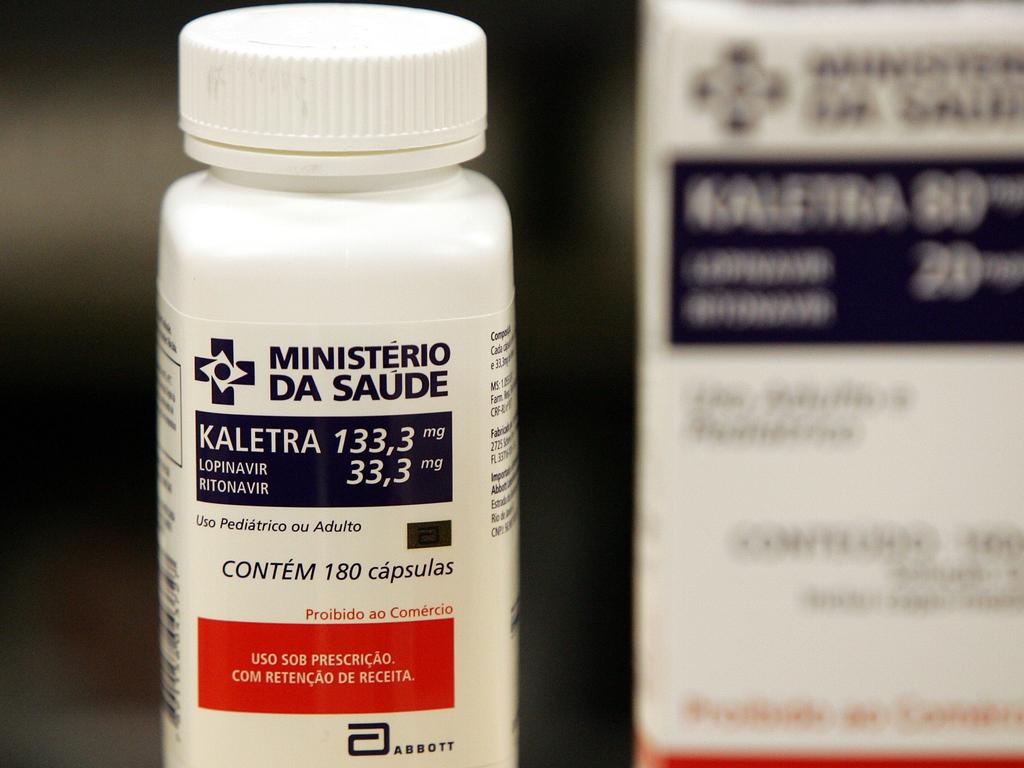




“Whoever said one person can’t change the world,” as the new internet meme goes, “never ate an undercooked bat.”